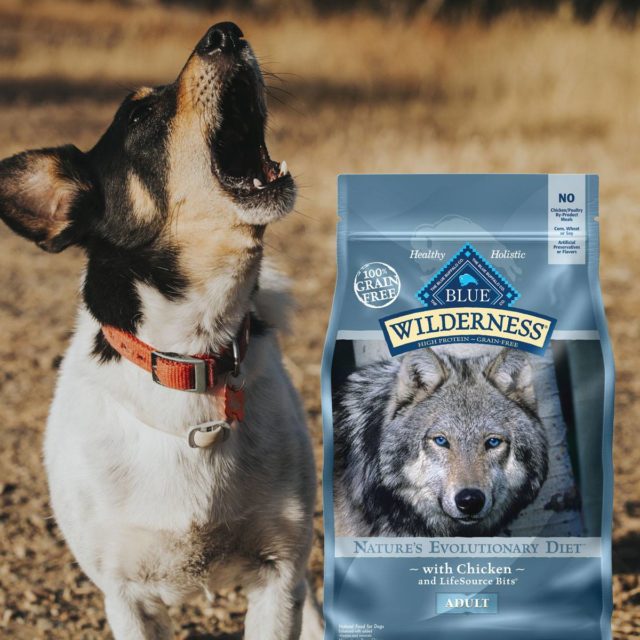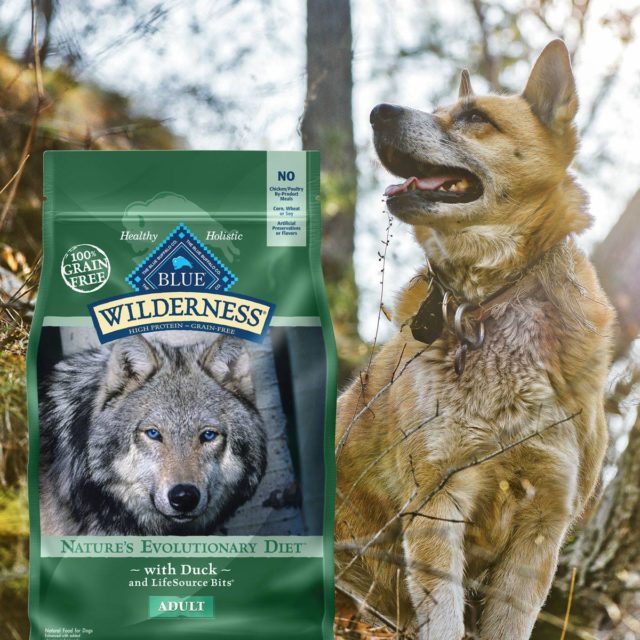Shannon Walton is fit to be tied. So deep is her anger that she is seeking revenge in the form of a lawsuit against dog food company Blue Buffalo. Her claim? Blue Buffalo’s advertising was misleading and led to her dog become overweight and develop diabetes, requiring continual medical care. At the center of the argument is the amount of carbohydrates contained in Blue Buffalo dog food.

Tucker is a Lab/Beagle Mix with Chronic Health Problems
Walton’s dog Tucker is a Lab/Beagle Mix. She says that she has fed Tucker Blue Buffalo over the last seven years and as a result, Tucker is now obese and diabetic. His condition requires continual medical care, which is costly to Walton. She is turning to Blue Buffalo for some financial relief and ownership of the blame for Tucker’s ailments. There is no mention in the press coverage of the suit as to the amount of food Tucker has been served over the years nor how his diet has been supplemented with treats or other calories. The heart of the case rests with carbohydrates.

Packaging is Misleading and Carbohydrate Content is Hidden
Walton’s case claims that Blue Buffalo charges higher prices and promotes themselves as a healthier food for dogs. In reality though, Walton says that the food is actually harmful to dogs because of the ingredients contained. Further, the lawyer working Walton’s case has pointed to the image and tagline on Blue Buffalo’s food products as evidence. The lawsuit says that Blue Buffalo’s packaging pictures a wolf and states that the food is “inspired by the diet of wolves.”
The problem with that? The lawsuit says that Blue Buffalo’s Blue Wilderness products are packed with excessively high levels of carbohydrates, which are neither a regular or healthy part of an actual wolf’s diet. In fact, the suit says, “a small bowl of Defendant’s Blue Wilderness Chicken recipe dog food contains more carbohydrate than a wild grey wolf is likely to consume in an entire lifetime.”
Worse still? The suit says Blue Buffalo is deceiving consumers because “…their Blue Wilderness products all contain high levels of dietary carbohydrates,” the lawsuit states. The percentage of carbohydrates is not clearly disclosed on the packaging and is effectively “hidden from consumers.”
iHeartDogs will be keeping an eye on the case as it develops, sharing any available updates with interested readers. The case certainly reveals why many dog families are turning to fresh foods that contain complete and unprocessed carbohydrates as the healthiest alternative for their beloved pets.
What do you think about this case? Is Blue Buffalo’s packaging misleading, or is there more to this? Let us know what you think on Facebook.
H/T nypost.com
Featured Image Blue Buffalo/Facebook
 Toledo, United States.
Toledo, United States.